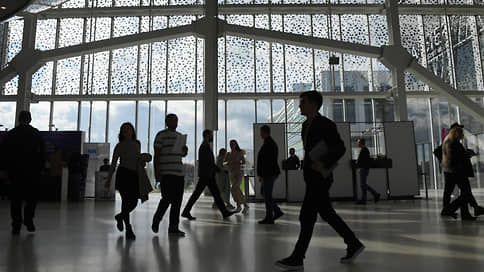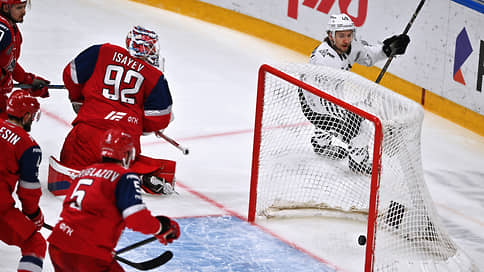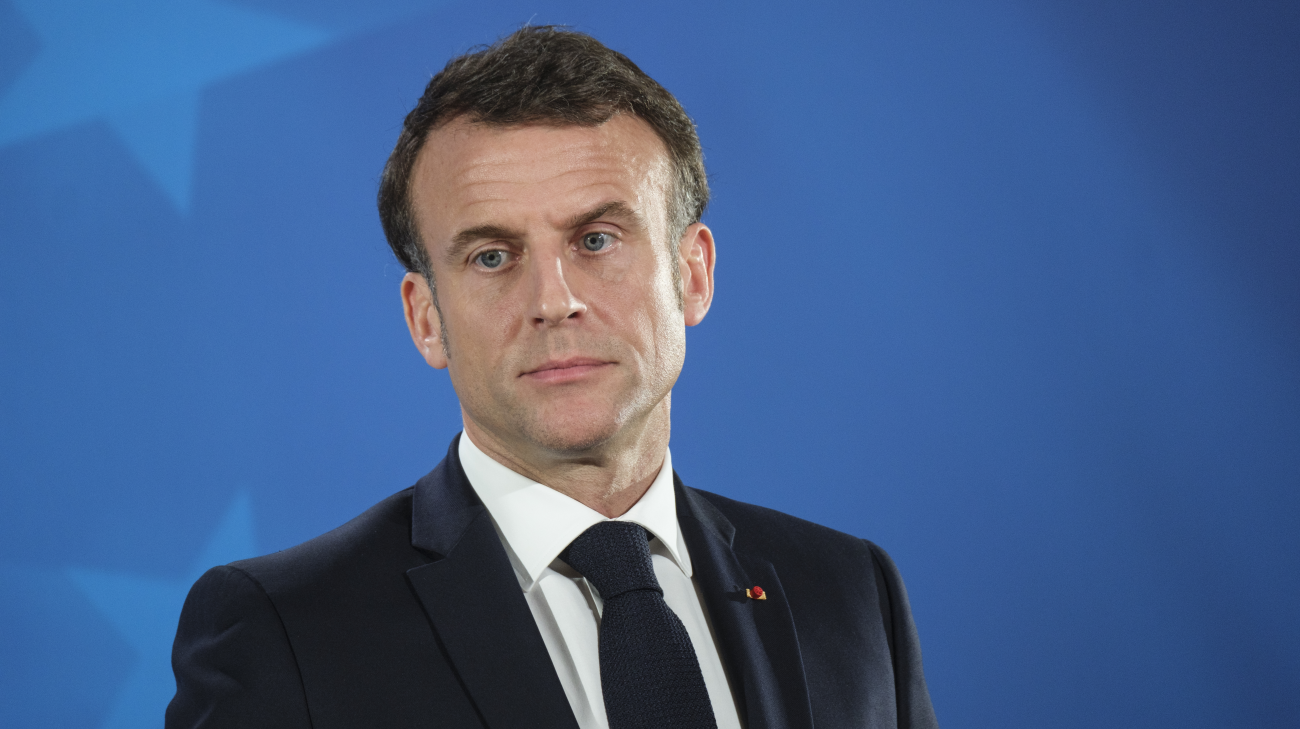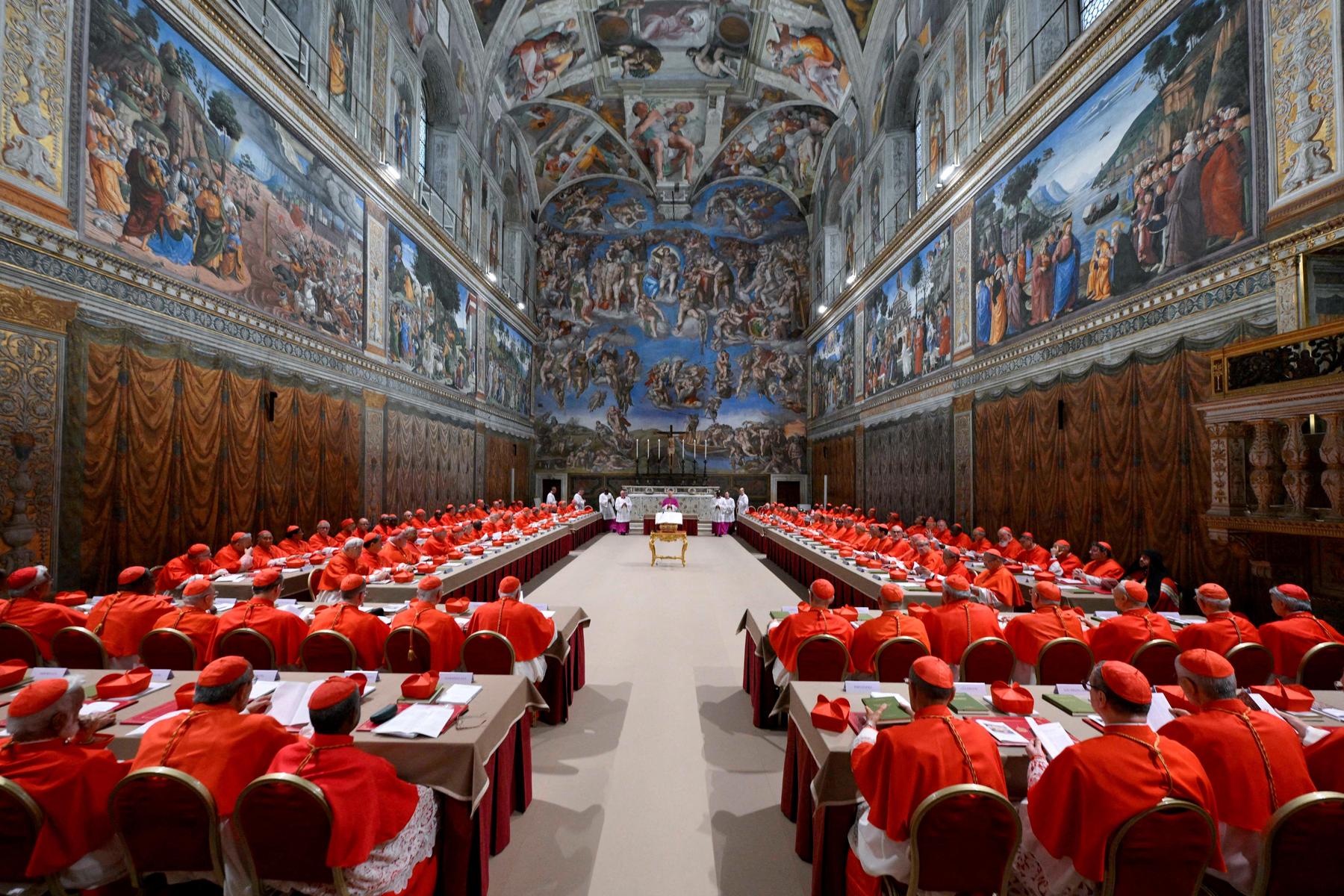Putin approved measures to support the coal industry
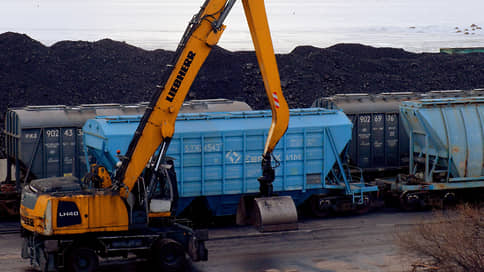
Vladimir Putin agreed on measures to support the coal industry. Among them are a delay in paying taxes for a number of companies, special conditions for financial recovery or bankruptcy, as well as benefits for transportation by rail. This is unlikely to restore export of energy coal, but will support the supply of the most marginal brands, the market participants say.
Russian President Vladimir Putin on May 7 imposed a resolution “agree” to the letter of Deputy Prime Minister Alexander Novak dated April 25 on measures to support the coal industry (Kommersant has). The proposals were previously agreed with Prime Minister Mikhail Mishustin, follows from the letter. On the coordination of measures, including reported The government of Khakassia. Obtaining the order of the President “Kommersant” was confirmed in the FAS.
As reported in the letter, despite the measures already taken, including the conclusion of an agreement between the Russian Railways and Kuzbass on the guaranteed export of 54.1 million tons of coal, an increase in the planned volume of railway transport by 25.1 million tons to the east and 12 million tons to the west, a decrease in wagons and transshipment rates in the ports, financial condition of the enterprises of the industry worsens.
The risk zone, the letter says, has 30 enterprises with a total production of about 30 million tons of coal per year and about 15 thousand people.
In this regard, in order to avoid negative social consequences, it is proposed to form a tool based on VEB.rf on the restructuring, healing and sanitation of coal enterprises, establishing a special procedure for healing or bankruptcy (See “Kommersant” from January 20). A number of companies are proposed to provide a delay in taxes and insurance premiums on a simplified procedure without a bail for 12 months with the possibility of prolongation.
Russian Railways must conclude an agreement with the coal holders of Khakassia on the guaranteed export of export in the eastern direction, the volume is not indicated. Also, the monopoly should give a 12.8% discount on the west and south and return the reducing coefficients of 0.4 per range and 0.895 for energy coal for a period from May 1 to December 31. The Ministry of Finance must provide Russian Railways OJSC compensation for these benefits, the letter said. To “strengthen strategic partnership with China and India, against the backdrop of current US trade wars”, it is planned to initiate negotiations on the highest level on the abolition of import duties on Russian coal.
In OJSC Russian Railways, the topic is not commented. The Ministry of Energy and the Ministry of Finance “Kommersant” was not responded.
AC TEC evaluated the costs of Russian Railways from the return of lowering coefficients for all 2025, but only for the north-west and southern directions (there are no restrictions in the document), 84 billion rubles. In 2024, OJSC of Russian Railways, opposing the return of lowering coefficients, spoke about the losses of 295 billion rubles. per year “taking into account the effect of a credit lever” (that is, borrowing potential, which significantly increases the figure). The effect of a discount of 12.8% to the north-west and south of the AC FEC estimated at 200 rubles. per ton.
19.9 billion rubles
Compiled a salted loss of coal companies in the Russian Federation in January -February 2025, according to Rosstat
In coal companies, contradictory reacted to these measures. The interlocutor of Kommersant in a large exporter of coal notes that strategic partnership with China and India in the industry is hardly possible, since the PRC asks for an agreement on free trade in exchange for the abolition of coal duties from the Russian Federation. And the Russian Railways, continues the source of Kommersant, gives freight capacities, based on the capacities of the transshipment in the ports in the possession of the coal mining companies. “As a result, we have excessive ports in ports, which are loaded well if 60%,” he indicates.
The Sibantracite notes that measures will not allow the export of the most massive segment – energy coal – measures will not allow, but they “give hope” for the growth of the volume and efficiency of the export of the most margin stamps. Sibantracite explain there, will be able to significantly reduce losses during shipment through the western ports and get a small margin when delivered through the ports of the Far East. In general, they say in the company, this will allow “at least for zero profitability” with strong ruble and low world prices, and with the possible strengthening of the dollar in June – get “slight profitability” in all directions. But, they emphasize in the company, only subject to the preservation of the current prices of all participants in the logistics processes.
Evgeny Grachev, director of the Center for Price Indexes, notes that since the beginning of 2025, the export price of energy coal from the Russian Federation decreased by 18%, and non -BEC – by 80–90%. According to him, the railway costs eastward increased by $ 10 per ton and reached about 75% of the current coal price of 6 thousand kcal per 1 kg at the Fob Far East.
According to the forecast, Ipem, says Vladimir Savchuk, deputy leader Ipem, cargo transportation according to the basic scenario in 2025 can decrease by 2% mainly due to internal, followed by an increase in 2026–2027. As a result of the return of lowering coefficients and discounts for June-December, an additional loading of 3-5 million tons of coal to the north-west and 5–7 million tons to the south can be expected to have an additional loading, provided there are no restrictions on the Russian Railways for the satisfaction of coal applications, Mr. Savchuk calculated.
The return of discounts, the expert believes, can lead to an increase in the profitability of the operation with gondola cars due to the growth of rates for export. According to Vladimir Savchuk, May 2025 became “special” operators, since in most cases they stopped receiving a bonus for transportation in innovative gondola cars, which was previously about 10% more expensive than transportation in a typical one. According to the IPEM forecast, the rates for the provision of gondola cars in 2025 will remain low, and by the end of 2026 they can reach the level of 2024. “It is advisable for regulators to monitor the betting rates for exporting coal transportation so that the discounts provided by Russian Railways do not flow into the growth of operators,” says Mr. Savchuk.
NEFT Research partner in consulting Alexander Kotov indicates that, despite approved measures, at least 30% of the current industry, it will continue to balance on the verge of profitability without an increase in prices, and exports can hardly exceed 200 million tons, especially given the reduction in the growth rate of the Chinese economy. “It is possible that this is the purpose of the program – to support the industry so that the companies survive a difficult period of low prices,” says Alexander Titov, an expert at the Institute of Energy and Finance.


